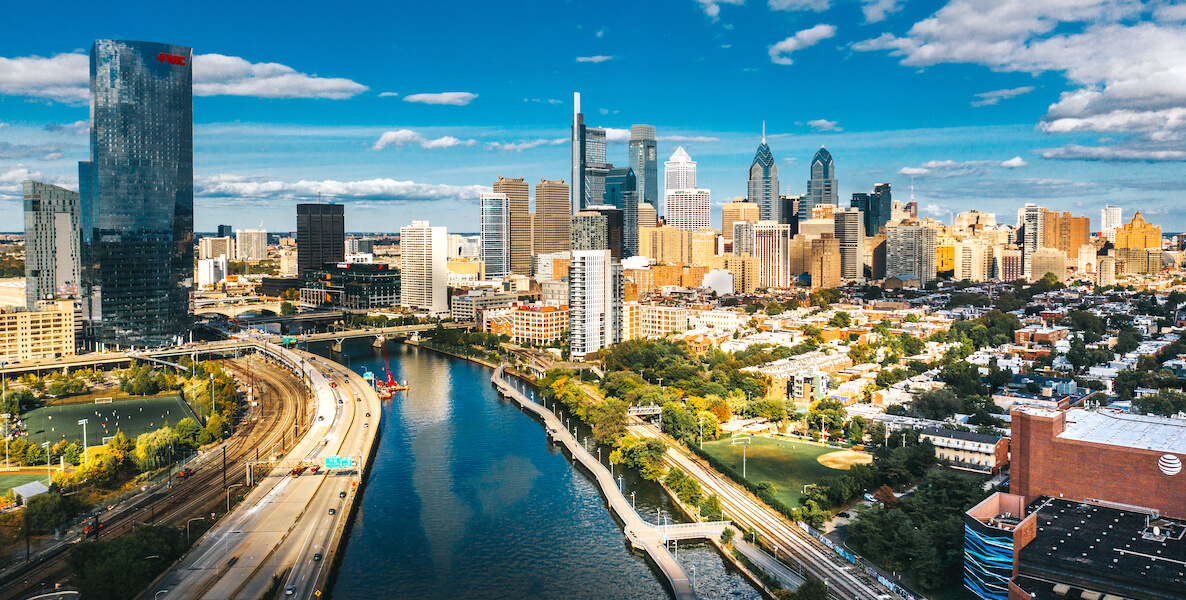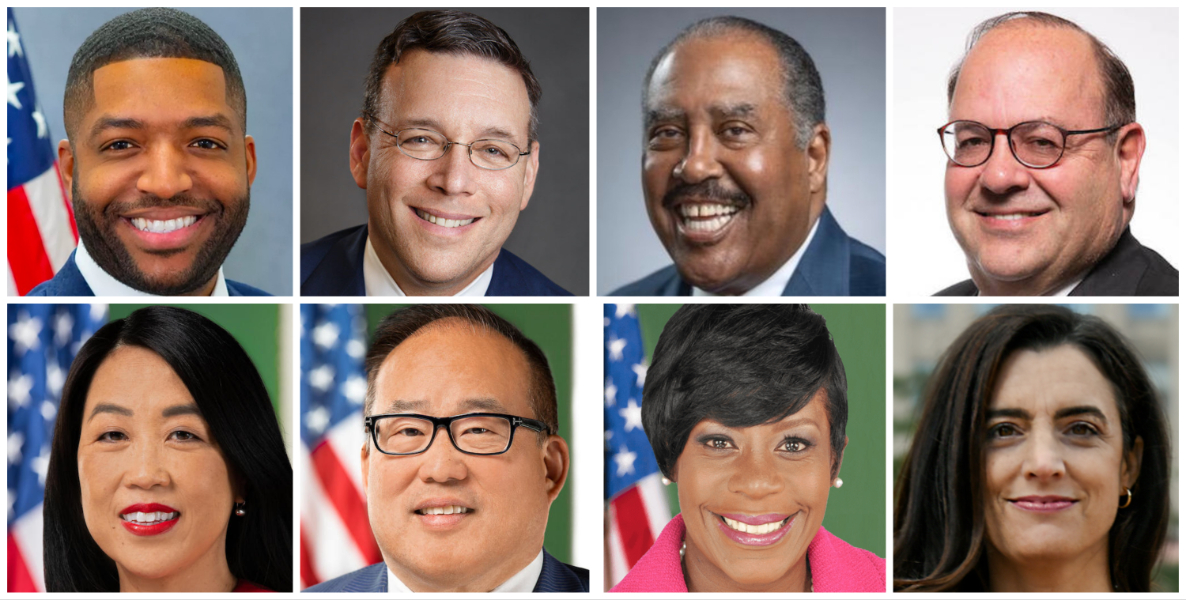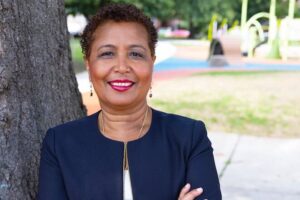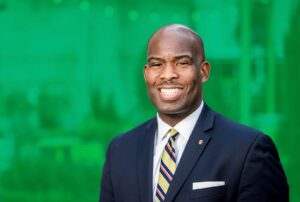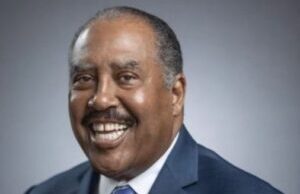Philadelphia is heading towards the most important municipal election in 72 years. Okay, coming from me that sounds ridiculous. I started working in mayoral campaigns in 1971 and have run for mayor three times.
In each campaign, my message was always: This is the city’s most consequential election.
While I meant it at the time, looking back, I was wrong. But in this election, I think that is right.
Philadelphia’s civic psyche is underwater.
It’s convenient to blame Jimmy Kenney. I’m not a fan, but a mayor who has faced as many crises as Kenney has is likely to experience burnout. Of course, it would have been better for us and him had he expressed that after he left office and not two years before.
But the problem goes well beyond a guy who pines for the end of his tenure.
What the next mayor faces
Curtailing gun violence requires a full-resourced and coordinated commitment between law enforcement and the communities where gun violence is a daily occurrence. We don’t have anything resembling that today. Will the next mayor have the skills to start the process of kindling some level of trust between communities and law enforcement? Will the new mayor bring the District Attorney and the Fraternal Order of Police onto the team attacking this unacceptable condition?
Narrowing the massive inequality gap in opportunity, wealth and income, housing, healthcare and education is the great long-term challenge. But in Philadelphia, we just peck around the edges. Now, bold changes need to be put in motion. Our proclivity for incrementalism consistently challenges that need. Can the next mayor lead us to overwhelm our preference for doing just enough but always too little? So many municipal decisions reinforce that inequality and widen the gap, and so many policy makers often seem unaware of their impact. Should our next mayor be a “thinker” as well as a “doer”?
“Accountability” is the word du jour but it must, in part, mean eliminating the stuff that isn’t working no matter whose political ox is getting gored. That will take courage. I’ll be looking for evidence of that.
The population of marginalized people — poor, isolated, out of sight and out of mind — is vastly undercounted by a poverty index that seems to ignore so many variables of daily survival. As we rebuild neighborhoods to accommodate the privileged, we have pushed out those in the way. The consequences of removal have and will have a long-term impact on everyone. Is this inexorable or can we find and finance a different path?
We’ve snatched the governance of our schools from the nefarious grasp of Harrisburg and … so what? Did that political accomplishment narrow the monumental gap in per pupil spending between our kids and the best suburban schools? Will the next mayor continue the “blame the state game” or figure out a new means to finance public education through creativity and resourcefulness? Hoping that the Commonwealth, even under order by the State Supreme Court, will undo school funding hold harmless provisions and enact a fair funding formula neglects a political understanding of state affairs. Think: the new localism.
A severe mental health crisis confronts us daily with far too few tools available. Removing the stigma is a first step, but virtually no family is immune and few are able to cope. Our collective failure hits the streets every day and impacts those afflicted and affected. This is a condition that will require our best thinking and a long term “stay with it” commitment. What should be City government’s role, how can it be implemented and funded?
The securities market hit on the value of financial assets in our pension funds will expose the City budget to increasingly larger funding commitments to right that ship. Just last week, City Council transferred a boatload of cash to shore up those funds. More workers at home will impact office occupancy, real estate values and property tax collections. CARES Act supportive funding will end in the first year of the new mayor, unlikely to be seen again. Inflation will impact every soon-to-expire collective bargaining agreement and the price the City pays for everything straining an already stretched municipal budget. A nice surplus is on-hand. Longer term, the City will need to become incredibly nimble. How will we be?
We’ve successfully prosecuted an eds and meds economic growth strategy. Penn, CHOP, HUP, Drexel, Jefferson, and Temple are virtually mini-cities unto themselves. A robust life sciences industry has emerged from Penn and CHOP. But while we need these founding platforms — the eds and meds — they also need us. While great wealth is created from the advantages of urban connectivity, that inclusion of communities in that wealth isn’t on the table. Might it be long past time for exempting these other major enterprises from property taxes — not payments in lieu? And how can we get these critical institutional assets most effectively engaged in addressing major city needs beyond a checklist level?
I could go on.
The essayist and former Philadelphian Rachel Kaadzi Ghansah observed that “liberals cannot continue to depend upon Black urban centers, the working class and the young to save this fragile democracy without any authentic commitment to improving our futures in tangible ways.”
The daunting nature of the agenda our next mayor will face will require unique nimbleness. Philadelphia needs a visionary leader, one with superior communications skills, a great capacity for recruiting a talented team that can be trusted. She (or maybe he) will need the passion for a lot of tough fights, the political skills to win those fights, and the thick skin to see them through. It would help to make well-informed policy choices that result from credible data and input and to build alliances with powerful interests united in pursuing an agenda that actually serves the citizens. Can the new leader help all of us put self-interest aside?
“Accountability” is the word du jour but it must, in part, mean eliminating the stuff that isn’t working no matter whose political ox is getting gored. That will take courage. I’ll be looking for evidence of that.
Above all, we need a mayor who will inspire each of us to recommit to the city’s future.
The 2023 mayoral election is the most crowded field in modern history, perhaps in all of Philadelphia’s history. In my view, it includes an outstanding group of high-quality candidates.
The candidates so far
Maria Quiñones Sánchez has defeated the political machine and served in Council for three terms representing the poorest district in the city. She’s smart, savvy, passionate and experienced. Can she overwhelm questions about whether she can mount a sustainable citywide campaign? That’s why they call them campaigns.
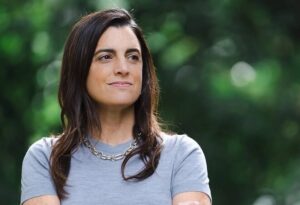
Rebecca Rhynhart has worked on Wall Street, served as a budget director and toppled the entrenched and favored candidate in her first race for City Controller. She has demonstrated courage and competence. Can she also demonstrate the passion to accompany managerial adroitness?
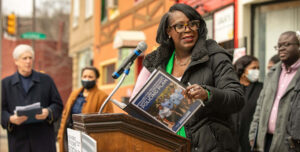
Cherelle Parker has represented her Northwest district as Councilperson and longtime aide to Marian Tasco. She knows her way around and has proven her guile. Can she attract voters outside of her power base and rise above the others? Can she outmaneuver fellow Northwest pol Derek Green to the sidelines?
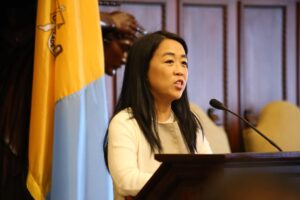
Helen Gym has morphed from a community activist to an influential city leader, focusing on schools and the needs of marginalized communities. Her candidate skills — rallying supporters, clarity of message, raising money and profile — are great advantages. But is her firebrand style of leadership and progressivism right for the city today?
Derek Green is an ideas guy who exudes a quiet confidence and fortitude and has sought to advance significant policy initiatives serving in Council. A lot of people like and respect him. Can he build enough momentum to overtake Parker and become the strongest candidate from Northwest Philly or will they carve up their political base and both fizzle?
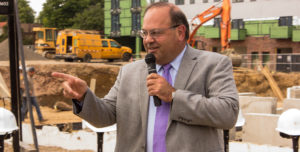
Allan Domb is an enormous business success who has invested heavily in the city and has been a very good public servant. He has integrity and smarts. He is probably the best salesperson in the city, an important asset. But can he overcome a perception of bias towards wealth, get out of his comfort zone and make voters comfortable with him?

Jeff Brown has a great narrative to sell. He opened low-margin grocery stores in neighborhoods that were food deserts and he put his money where his mouth is by hiring ex-offenders and mentoring them back into self-sufficiency. Brown is a political neophyte who must overcome his certainty that running a business translates to running a city. It does not.
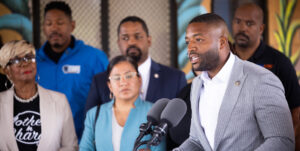
Amen Brown is a curious prospect. His story — overcoming adversity, starting a business, establishing community service organizations, and working with his neighbors — resulted in his surprising election to the State House. At 33, with less than a legislative term under his belt, projecting him as mayor requires a vivid imagination no matter the amount of PAC money.
Every run for mayor requires one candidate to come in last place. Former Municipal Court Judge Jimmy DeLeon should fill that role nicely. I remember when he first ran. We’d both be sitting outside of smoke-filled rooms waiting for our turn to pitch. A real character, who, if he reaches the finish line, pulls up last.
The stakes have never been higher
I am honored and excited to be invited by The Philadelphia Citizen to write about this election. I plan on exploring what makes these folks tick and whether their ideas and policy pronouncements can effectively address the issues raised above, and many others. I want to know what lurks behind their stump speeches and media messaging.
I don’t intend to be a gotcha critic. Instead, I hope to be a constructive observer and to help the candidates and the rest of us get focused on the stuff that matters most to our city’s future. I will incorporate politics and policy. Both matter equally.
There are some political realities that the process and the candidates need to navigate. Perhaps most important is the number of dropout voters, primarily in African American neighborhoods. In Hunting Park (43rd Ward), turnout in the 2018 midterm election totaled 5,246 votes. In 2022, 1,558 fewer voters turned out there, a 30 percent drop. In the once potent Northwest (wards 12,17, 22,50 and 59) the dropoff was nearly 11,000 votes, or 18 percent.
It would be convenient to chalk this turnout deficit up to a failure of the get-out-the-vote effort of the Democratic ward structure. Convenient but wrong.
When I ran, I was advised that the key to any campaign is to define yourself, define your opponent and define the stakes of the election. For the 90,000 primarily Philadelphia voters of color who dropped out between 2018 and 2022, their absence was entirely a product of their not having a stake in electoral politics.
In her recent New York Times column, “The Mystic of Mar-a-Lago,” the essayist and former Philadelphian Rachel Kaadzi Ghansah observed that “liberals cannot continue to depend upon Black urban centers, the working class and the young to save this fragile democracy without any authentic commitment to improving our futures in tangible ways.”
For all Philadelphians, 2023 brings us to a moment when the stakes of the election have never been higher. Making the city and its residents’ lives better is a daunting challenge. Failure is not an option.
Sam Katz is a documentary filmmaker whose work has focused on the history of Philadelphia. He spent his business career in municipal and project finance and venture capital. He served as Chair of the PICA Board. Sam was a mayoral candidate in 1991, 1999 and 2003. His latest film, Gradually, Then Suddenly: The Bankruptcy of Detroit, was the 2021 Winner of the Library of Congress Lavine/Ken Burns Prize for Film.



